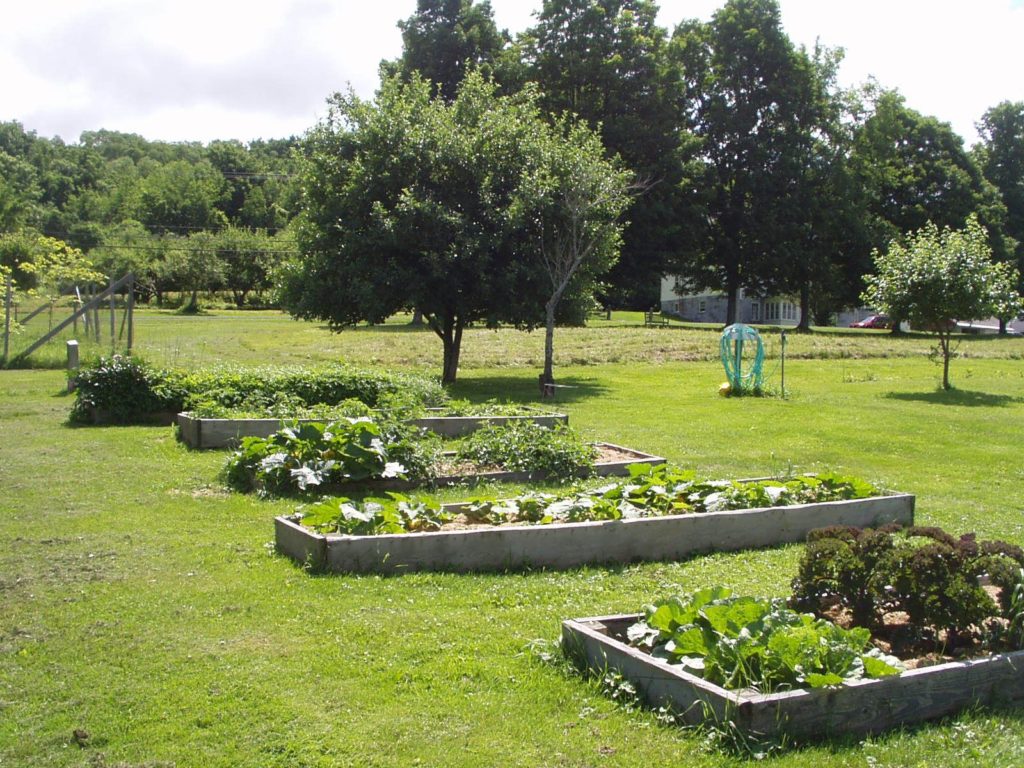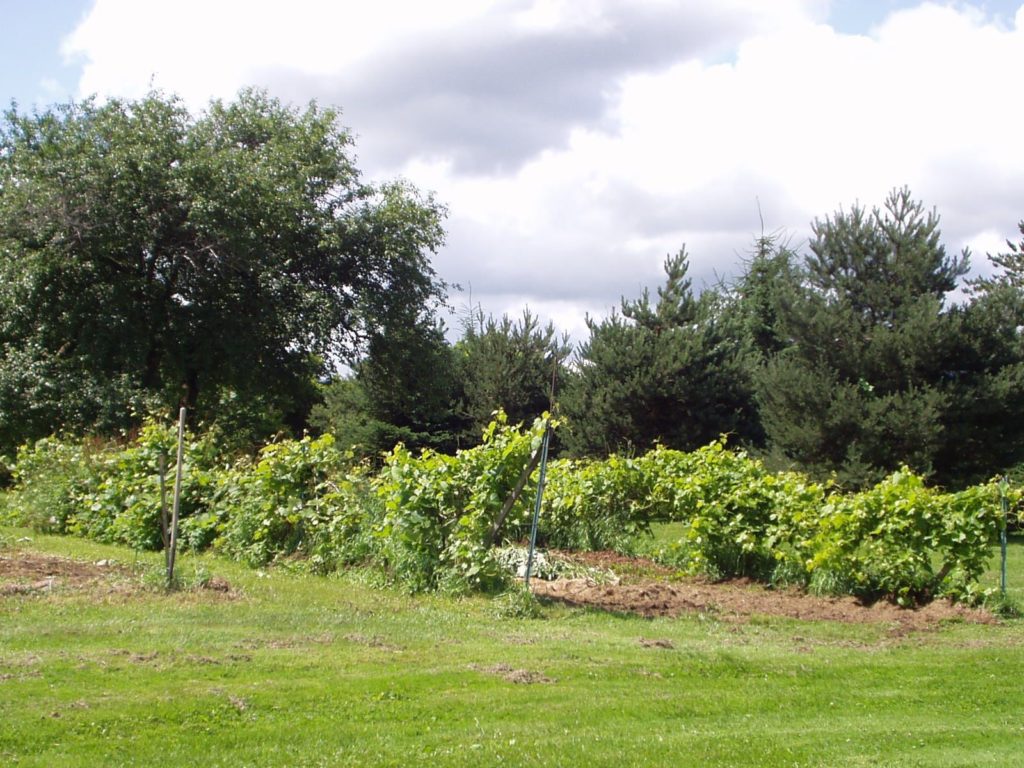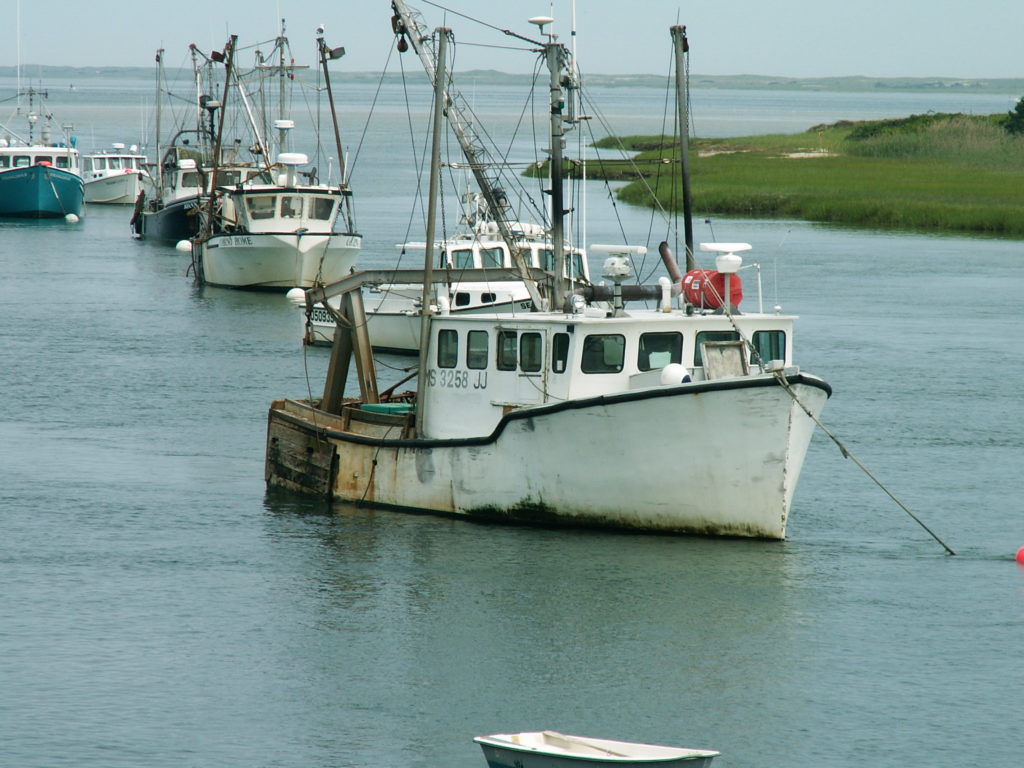Friday July 23, 2021
For Immediate Release
Educators Dig Into Sustainable Food Production
to Propagate Change in their Communities
Quincy, MA – While most of us don’t think in detail about how our food gets to our plates, middle and high school educators from Massachusetts, Maine, New Hampshire, and California spent a week this summer investigating the science of food systems. They sought answers to questions like, “How does an apple get from the tree to my lunchbox? Where will the core go afterward?” and “What can I do to support healthy, sustainable, and equitable food systems for my school and community?” These educators took a behind-the-scenes journey into the science, technology, and engineering as well as the complex relationships, systems, and processes involved in food production during the Wade Institute for Science Education’s virtual 2021 Summer Professional Development Institute, How Does Your Dinner Grow? Exploring Connections Between Food Production and Sustainability.

Educators investigated our food systems and how to make them more sustainable.
Educators began their professional learning journey on July 12th with a Conversation Café to discuss their role in the food system and how being part of an educational community puts them in a position to advocate for access to healthy foods for all people. Led by the Wade Institute for Science Education and partners Shelburne Farms and Massachusetts Farm to School, educators drafted models of their community food systems and compared their own food habits as well as those they observe in their students. Teachers commented on the “value of food beyond the price tag in a supermarket” and that their “plate is a privilege” as they dug into the science of food production systems from the local to global scale and evaluated the interdependent relationships these systems create between human and environmental health.
The group focused their attention on the dairy industry to gain a better understanding of the complexities of building a sustainable and equitable food system. They whet their appetite for science learning during a hands-on, minds-on, inquiry-based cheese making investigation with Shelburne Farms and explored environmental impacts of farming like rainfall runoff and soil erosion with the Wade Institute for Science Education. On a virtual tour to Barstow’s Longview Farm, educators learned about small-scale, family farming and the collaborative relationships required to foster a healthy agribusiness. They even followed food waste back to Barstow’s to learn about the Vanguard Renewables anaerobic digester that converts organic waste into natural gas, heat, and low carbon fertilizer for soil regeneration.

Educators learned about the environmental impacts of farming and innovative, sustainable solutions.
Moving from farm to sea in their exploration, educators took a deep dive into the fisheries industry with One Fish Foundation and gained a better understanding of the scale of our current food systems. They observed how bycatch, overfishing, and habitat fragmentation affect the production of maximum sustainable yield (the highest amount of a marine resource that can be harvested at a given time) and learned that the United States’ fisheries is one of the most regulated in the world. Educators thought globally as they questioned how we feed a world of over seven billion people and reflected on how to more effectively support access to nutritious, sustainably sourced food for students in their schools.

Educators dove into the science of sustainability in terrestrial and aquatic food production.
“How does my school fit into the community food system?” educators asked. Presenters from Massachusetts Farm to School responded with many answers: access, education, and activism. Educators thought about the challenges families in their communities faced during the COVID-19 pandemic as they reviewed the history of the farm to school movement in America, the importance of the USDA’s school lunch program, and the reasons for food deserts in parts of the country. Through a virtual visit to an urban farm that allows any community member access to fresh food for free, educators explored solutions to food access issues in the context of place, culture, economic status, and environmental justice. They wrapped up their week of learning by drafting lessons and unit plans to support their schools in implementing sustainable food solutions that promote food access and equity.
Come fall, these educators will bring to school their new knowledge of community food systems and resources from the Wade Institute for Science Education, Shelburne Farms, Massachusetts Farm to School, and guest presenters. Some may start school gardens to connect more urban students to fresh foods, while others might engage their students in do-it-yourself cheese-making to support healthy eating habits and practical self-reliance. The next phase of their professional learning journey will be hands-on experience in propagating change in their communities by developing a healthy and just food system for all.
###
The Wade Institute for Science Education specializes in providing inquiry-based, hands-on, minds-on, science, technology and engineering professional development for K-12 teachers and informal educators. For more information, visit www.wadeinstitutema.org or call 617-328-1515.
